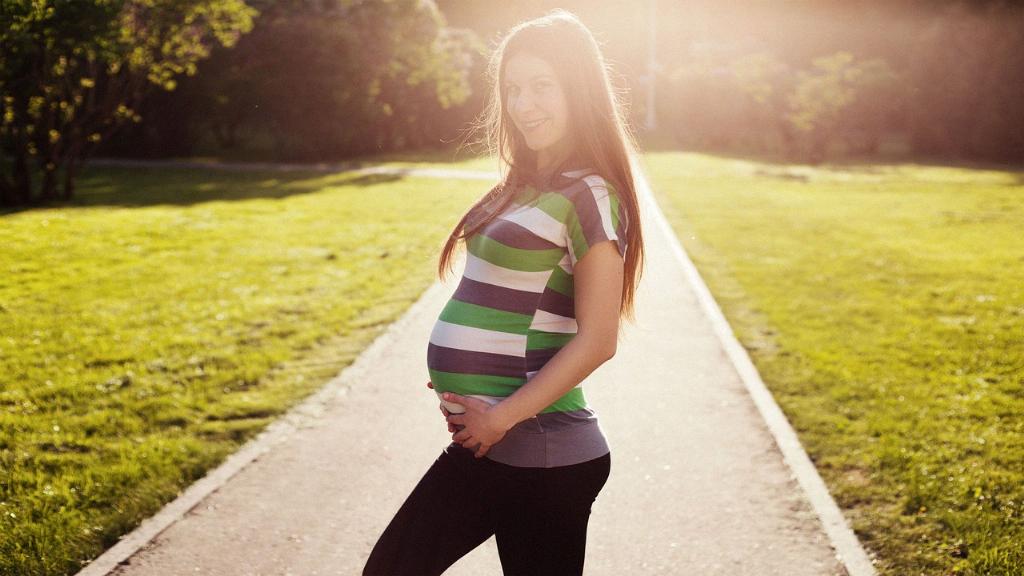Dehydration during pregnancy is a serious concern that requires immediate attention. As an expecting mother, it is essential to be aware of the signs and symptoms that indicate the need for medical intervention. One of the critical indicators of when to go to the emergency room for dehydration during pregnancy is the inability to keep more than a few bites of food or sips of water down for 24 hours or more.
Another red flag that warrants a visit to the ER is if you have lost 2 or more pounds (0.9 kg) in one week due to dehydration. Rapid weight loss can be a sign of severe dehydration and should not be ignored. If you experience such significant weight loss, it is crucial to seek medical help promptly.
In cases where vomiting becomes severe and is accompanied by the presence of blood, it is imperative to seek immediate medical attention. Vomiting blood is a serious symptom that requires urgent evaluation by healthcare professionals to rule out any underlying complications and provide appropriate treatment.
Feeling faint or lightheaded, especially to the point of fainting, is another critical indicator that you should go to the ER for dehydration during pregnancy. Fainting can be a sign of significant fluid loss and electrolyte imbalance, both of which need to be addressed promptly to ensure the health and well-being of both you and your baby.
If you generally feel very unwell and experience symptoms such as persistent dizziness, confusion, extreme fatigue, or a rapid heartbeat, it is essential to seek immediate medical attention. These symptoms could indicate severe dehydration and should not be ignored or taken lightly.
Dehydration during pregnancy can have serious consequences if left untreated, which is why it is crucial to be proactive in recognizing the signs that warrant a trip to the ER. Monitoring your fluid intake, paying attention to your body’s signals, and seeking prompt medical attention when needed are all essential aspects of ensuring a healthy pregnancy.
Remember that dehydration can affect both you and your baby, potentially leading to complications such as preterm labor, low amniotic fluid levels, or neural tube defects. By staying vigilant and seeking timely medical care when necessary, you can help mitigate these risks and ensure the best possible outcome for you and your little one.
It is always better to err on the side of caution when it comes to dehydration during pregnancy. If you are in doubt or experiencing any concerning symptoms, do not hesitate to contact your healthcare provider or go to the ER for evaluation. Your health and the health of your baby are top priorities, and seeking timely medical attention can make a significant difference in ensuring a safe and healthy pregnancy.
By being proactive, informed, and attentive to your body’s signals, you can effectively manage dehydration during pregnancy and reduce the likelihood of complications. Remember that prevention is key, so staying hydrated, eating a balanced diet, and seeking medical help when needed are all crucial components of maintaining your health and well-being throughout your pregnancy journey.
Overall, knowing when to go to the ER for dehydration during pregnancy is essential for safeguarding your health and the health of your baby. By recognizing the warning signs, seeking prompt medical attention, and prioritizing self-care, you can navigate the challenges of dehydration during pregnancy with confidence and peace of mind.

